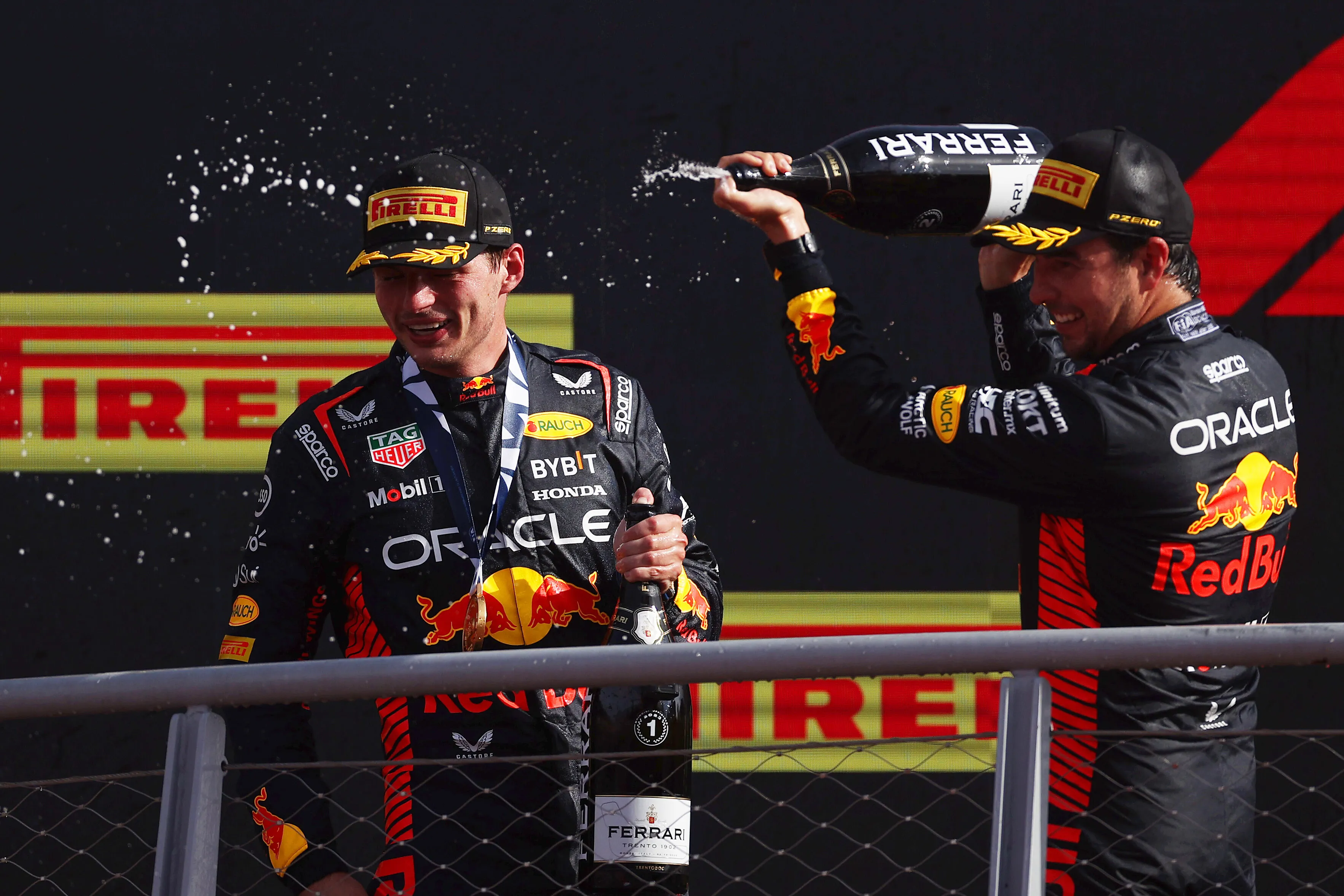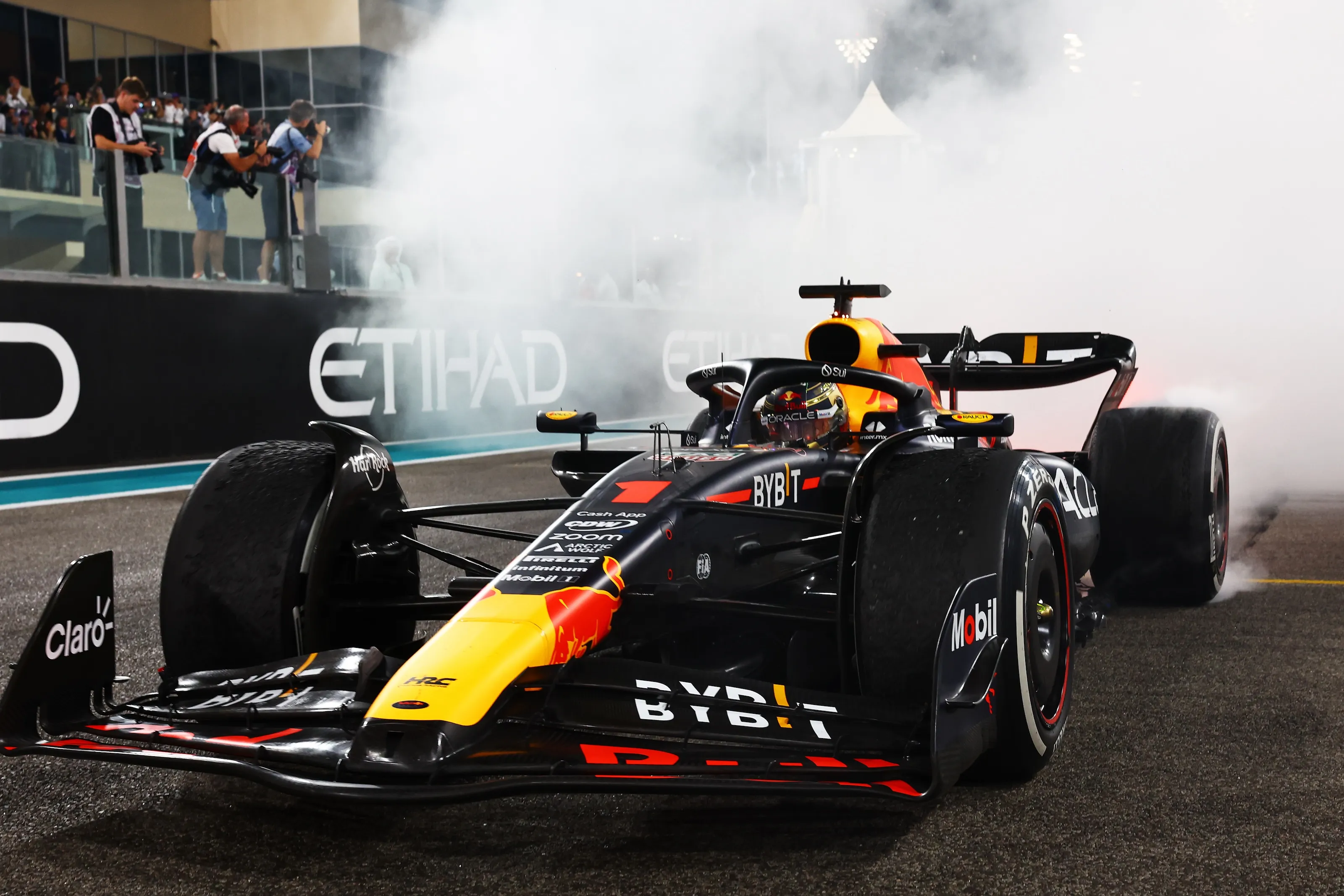'Inevitable' To See F1 Grid Converge Says Horner Amid Expectations Of Diminishing Returns
F1Sunday, 17 December 2023 at 17:00
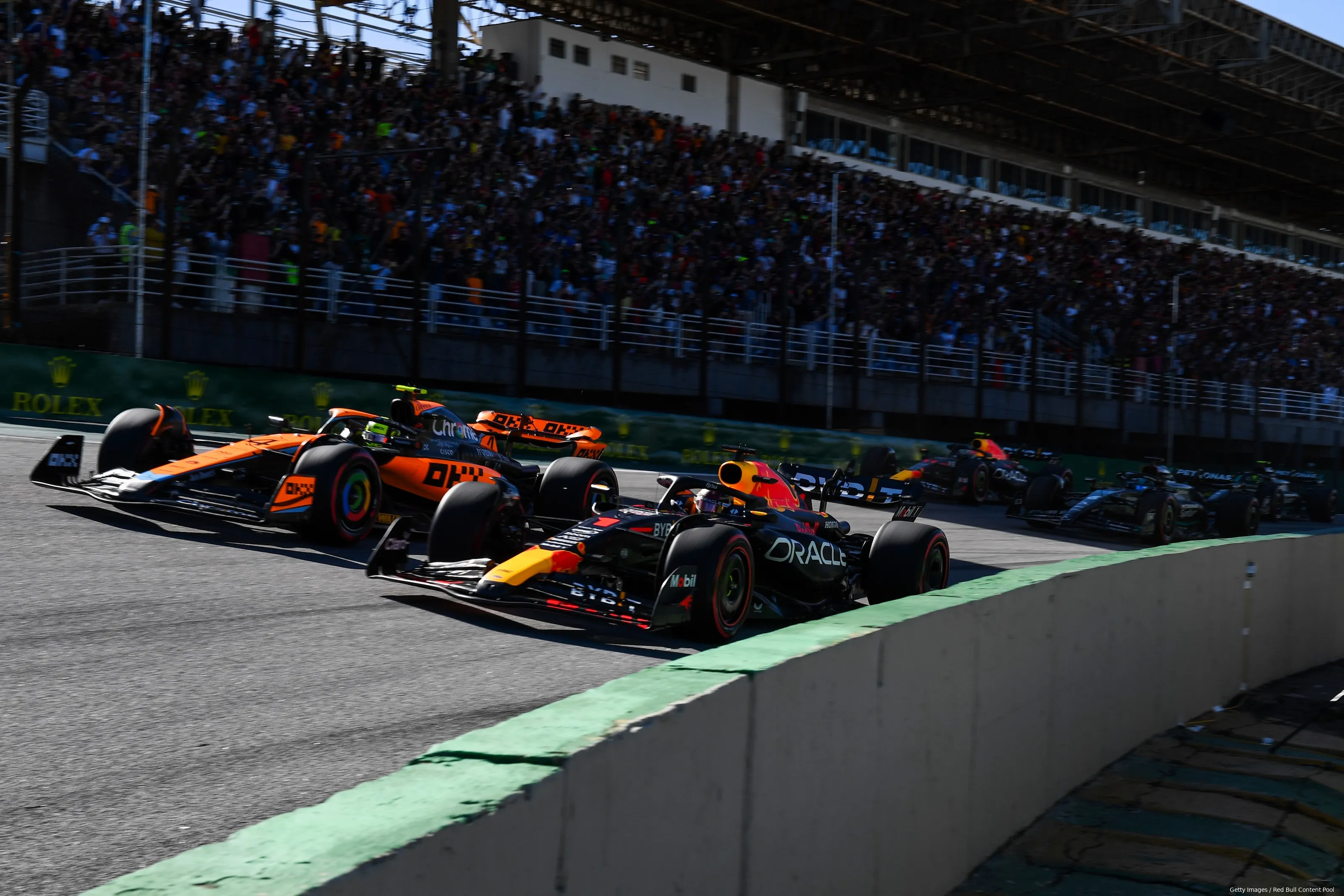
The Red Bull Racing team principal reiterated his point of view, suggesting other teams should be closer to Red Bull next year.
Despite all the high expectations set by rival teams like Ferrari or Mercedes ahead of the 2023 season, Red Bull managed to build another dominant car none of its competitors could match this year.
The difference was most clear during the first race in Bahrain, in which both Max Verstappen and Sergio Perez finished more than 25 seconds ahead of Fernando Alonso in third place.
Christian Horner lately mentioned there was much more power in RB19 at that point and suggested the Dutchman could have made 20 more seconds on his rivals if he wasn't managing his pace. He said on Sky F1’s review of the 2023 season:
"Certainly in the beginning of the year, I think in that first race in Bahrain, we could have been another 20 seconds up the road if he’d have been pushing."
Read also
On the other hand, the team principal suggested other teams have been catching up to Red Bull at a rapid pace throughout the season.
"But that concertinas at different points in the year, and we basically stopped developing the car mid-year, because with the wind tunnel restrictions that we’ve had we had to pick and choose where to deploy our resource."
Regulations set limits to what the teams can do with their cars, and as we are already two years into regulations with only two years still remaining, the teams start to run out of new options and ideas that can bring benefit to their pace.
"You saw in the second half of the year the field ebbing ever closer. We’ve got stable regulations. And so, of course, you start to hit the top of the curve where the gains that you’re making become smaller and smaller. I think that it’s evolution, not revolution."
Toto Wolff recently stated, the theory of diminishing returns is only a theory, and it is not sure whether it will materialize. He also suggested he expects Red Bull to start the 2024 season in the lead.
Horner, on the other hand, argues his team is already starting to see diminishing returns with two years of regulations left, which means there is plenty of time for their rivals to catch up. He added:
"We’re into diminishing returns now. But there are two more years of these regulations. It’s inevitable that the grid will concertina."
Read also
POPULAR NEWS
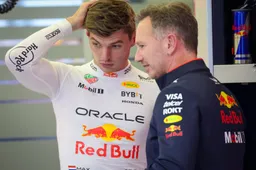
Steiner Warns Red Bull: 2024 Performance Masked By Verstappen's Brilliance
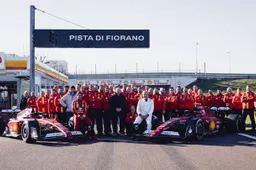
Sainz Sr. Grateful For Ferrari's 'Fantastic Gesture' After Driver Switch
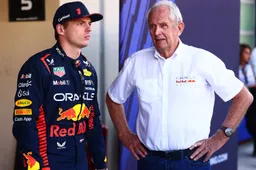
Marko Issues Honest Verdict On Verstappen's Potential Exit: 'You Have To Be Realistic'
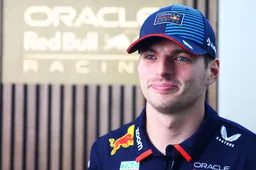
Racing Bulls CEO Reveals What Verstappen's Personality Is Like Outside F1 Paddock
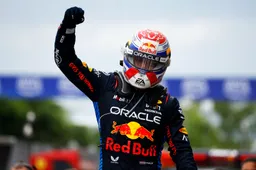
Magnussen Discusses 'Crazy' Thing That Separates Verstappen From Hamilton And Others
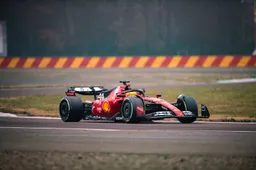
Hamilton: Driving Ferrari F1 Car For First Time 'One Of Best Feelings Of My Life'
Loading
